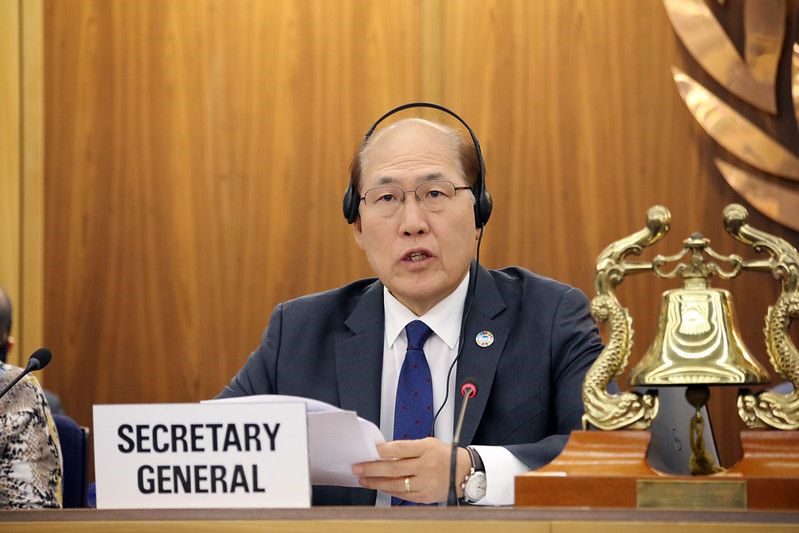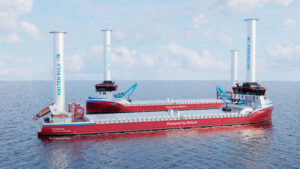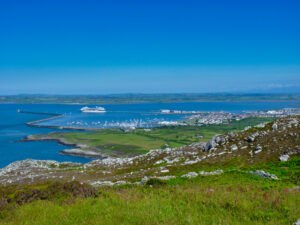Industry Coalition SEA-LNG is urging the International Maritime Organization (IMO) to regulate all greenhouse gas (GHG) emissions from shipping, including carbon dioxide, methane, and nitrous oxide on a full lifecycle, Well-to-Wake, basis. This call was made ahead the IMO’s 80th Marine Environment Protection Committee (MEPC 80).
SEA-LNG notes that IMO regulation should be goal-based and technology neutral with the ambition of achieving convergence between global and regional measures.
At MEPC 80, the IMO is set to revise its Initial Strategy on the Reduction of Greenhouse Gas Emissions from Ships. The revised strategy will contain concrete GHG reduction targets for the sector and is expected to outline a basket of technical and economic measures to be developed to set global shipping on an ambitious path towards aligning with Paris Climate Agreement targets.
Methane emissions associated with the use of LNG as a marine fuel, in particular methane slip in engine combustion cycles, is a topic that has the maritime industry’s complete attention. The industry has made great strides to reduce methane slip on a voluntary basis.
According to SEA-LNG, voluntary initiatives are to be encouraged and applauded but progress needs to be accelerated if the 1.5 degrees Celsius temperature goal of the Paris Agreement is to be met. The most effective way of doing this is through regulation.
While the mandate of the IMO does not extend to fuel production and supply chains, any GHG regulations developed by the IMO need to take into account upstream, or so called Well-to-Tank emissions. In other words, regulations must be based on a full lifecycle, Well-to-Wake, approach.
“In addressing GHG emissions, the IMO should continue with its current approach and resist picking technology ‘winners’,” SEA-LNG notes.
It said the regulations should be goal-based and technology neutral, and coherence should be sought with the Fit for 55 package of regulations currently being developed under the European Green Deal.
The maritime sector cannot risk the emergence of a fragmented patchwork of global and regional regulations which could create confusion, conflicting incentives and ultimately, delay, SEA-LNG also points out.
“Shipping is unlikely to achieve its decarbonization targets without a basket of fuels. Conducting comprehensive Well-to-Wake analysis is the only way to accurately compare the viability of all marine fuels,” said Peter Keller, Chairman of SEA-LNG.



